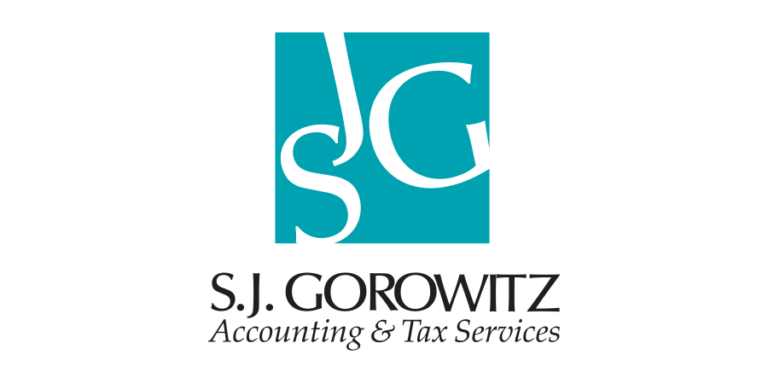Each year, the IRS sends millions of notices and letters to taxpayers for a variety of reasons. Here are the things you should know in case one shows up in your mailbox.
• #1 Don’t panic. Provide a copy of the notice to your CPA so that they can recommend appropriate action steps.
• There are many reasons why the IRS may send a letter or notice. It typically is about a specific issue on your federal tax return or tax account. A notice may tell you about changes to your account or ask you for more information. It could also indicate that you have a balance due and ask you to make a payment.
• Each notice has specific instructions about what you need to do in order to respond appropriately.
• In many cases, the IRS will require you to send additional documentation or support to them. In some cases, an Amended Tax Return may need to be prepared to reflect certain changes.
• You may get a notice that states the IRS has made a change or correction to your tax return.
• If you agree with a tax notice received, you usually do not need to reply unless it gives you other instructions or you need to make a payment.
• If you do not agree with the notice, it’s important for you to respond timely. Allow at least 30 days for acknowledgement and, in that time, you may get another notice.
• Keep copies of any notices you receive with your other tax records and maintain copies of any responses and correspondence you have sent as well.
• The IRS sends letters and notices by mail. They do not contact people by email or social media or text.
Some of the most common IRS tax notices received are:
CP10: If this notice is received, then the IRS has adjusted an item in your current year’s tax return and because of this change they have also adjusted the estimated tax applied to next year. It is important to alert your tax advisor of this notice because the change the IRS made affects more than one tax year, one of which you have yet to file.
CP11: If this notice is received, then the IRS has adjusted an item in your current year’s tax return and because of this change you now owe additional taxes. Before you write a check, call your tax advisor for recommended action steps, you first need to determine if you agree or disagree and may need to respond with a letter and supporting documentation to disagree and support your position.
CP23: If this notice is received, then the IRS has adjusted the amount of estimated tax payments on your current year’s tax return and because of this change you now owe additional taxes. It is a very common notice and often times a payment may have been mistakenly not made or made and the IRS has erroneously applied it to the wrong tax year, tax form or account. If you disagree with this notice, you’ll need respond to the notice via letter and provide proof of payment such as copies of canceled checks to support estimated taxes were made and request the IRS correct their records accordingly.
CP24: If this notice is received, then the IRS has adjusted the amount of estimated tax payments on your current year’s tax return and because of this change you have an additional overpayment that is to be refunded to you. Again, you should provide a copy of this notice to your tax advisor as this may affect more than one tax year.
CP161: If this notice is received, then the IRS is requesting a payment on a balance due or unpaid balance. This notice is usually received as a follow up to another notice. You
will need to reference the first notice in order to determine why there is a balance due. Sometimes this notice is received because you filed your return with a balance due but did not pay the tax in full. You (or your tax advisor) may contact the IRS and request a payment agreement, if necessary.
CP2000: If this notice is received, then the IRS is proposing changes to your tax return based upon information that they received from your employer, bank and/or other third-party payers. This notice is generally referred to as a “matching notice.” This occurs when the records reported to the IRS does not agree with the information which were reported on your originally filed return. Therefore, a careful review of your return compared to the notice is necessary to see if you agree or disagree with the proposed changes and respond accordingly.
CP2005: If this notice is received, then the IRS has agreed with and correspondence previously sent. This notice is sent as a follow up to many of the other notices listed above. Basically, if you get this notice, the IRS is saying, “Hey you were right, you don’t owe any more taxes!” This is a notice to rejoice about!
When IRS tax notices are received it is very important to send them to your tax advisor in order to update your account and to determine if any adjustments are needed in the current year and/or future years tax files. Your tax advisor should recommend the steps needed in order to respond to the notice and determine if any additional taxes, interest and penalties are due. You should request that your tax advisor copy you on any correspondence sent to the IRS on your behalf.
If you need help reviewing an IRS tax notice, notice of examination (aka “audit”) or notice from another taxing authority, please contact us for assistance at (770) 740-0797.
























